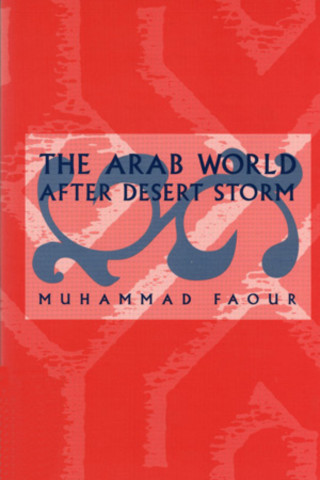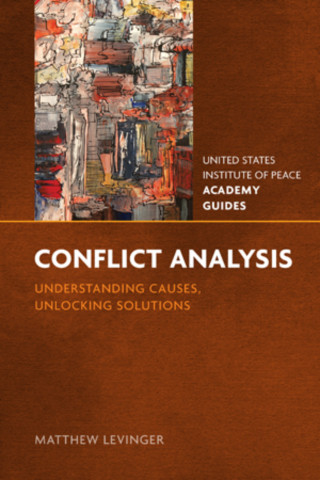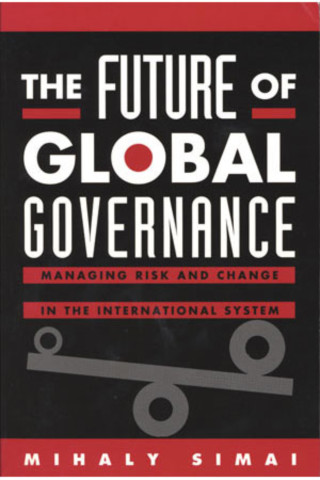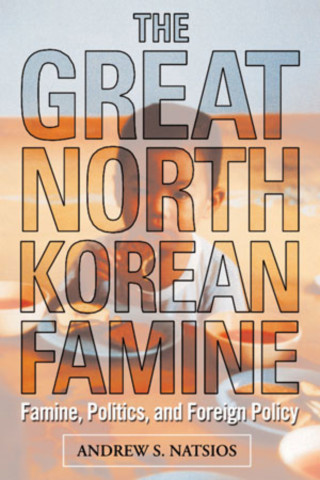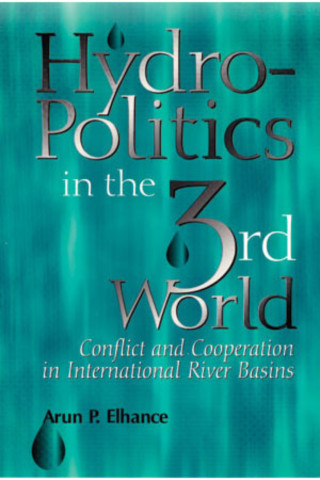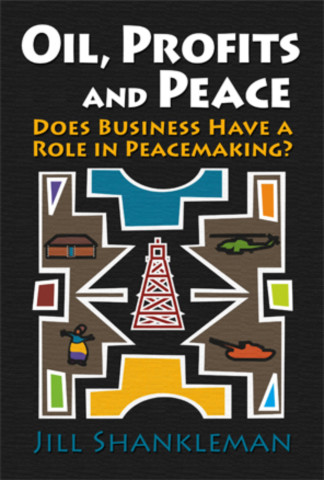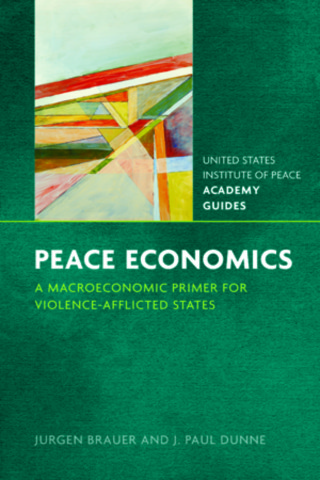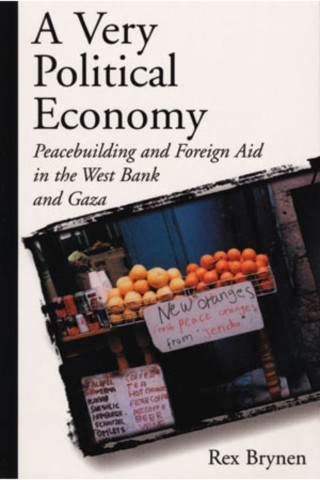Catalog
- Sort by
The book functions as a reliable overall introduction and guide to international Arab politics.
Conflict Analysis: Understanding Causes, Unlocking Solutions is a guide for practitioners seeking to prevent deadly conflict or mitigate political instability. This handbook integrates theory and practice and emphasizes the importance of analyzing the causes of peace as well as the causes of conflict. It stresses that conflict analysis is a social as well as an intellectual process, helping practitioners translate analysis into effective action.
What are the major political, economic, technological, environmental, and social changes confronting the world today, and what risks do they pose? Given what we know about these changes and risks, what adjustments will have to be undertaken to make the world as peaceful and stable as possible? Drawing on over 30 years' research, the eminent European scholar Mihaly Simai combines a global systems approach with a hard-headed appreciation of political realities as he seeks answers to these two overarching questions.
This volume is at once richly informative and profoundly challenging. Unflinching in its diagnosis of the past failures and present inadequacies of global governance, pragmatic in its prescriptions for more effective multilateral cooperation, Simai's work dissects the dimensions and dangers of a world in transition.
A terrible famine struck the most reclusive society on earth in 1994. Over the next five years, while the North Korean regime tried to hide the dreadful reality and the international community tried hard not to look, perhaps as many as 3 million people starved to death. In this powerful, provocative book, Andrew Natsios asks three overarching questions: What do we know about the origins and extent of the famine? Why did donor governments and organizations not do more to help? What are the consequences of the famine for North Korea and the lessons for the international community?
In the search for answers, Natsios supplements the scanty store of published sources by drawing on the testimony of thousands of refugees, on thousands of e-mails he received while heading an NGO effort to aid the victims, and on his own encounters with officials from North Korea as well as from Western governments. The picture he presents is a disturbing one: human misery on a biblical scale, a paranoid regime that sacrificed its own citizens to ideological rigidity and pride, and foreign governments that subordinated humanitarian impulses to political and diplomatic interests.
A compelling and revealing book for specialists and general readers alike,The Great North Korean Famine takes us not only behind the well-guarded borders of the brutally incompetent “Hermit Kingdom” but also into the policymaking labyrinth where ethics and politics clash in the struggle to shape foreign policy.
With more than 50 percent of the world’s landmass covered by river basins shared by two or more states, competition over water resources has always had the potential to spark violence. And growing populations and accelerating demands for fresh water are putting ever greater pressures on already scarce water resources.
In this wide-ranging study, Arun Elhance explores the hydropolitics of six of the world’s largest river basins. In each case, Elhance examines the basin’s physical, economic, and political geography; the possibilities for acute conflict; and efforts to develop bilateral and multilateral agreements for sharing water resources.
The case studies lead to some sobering conclusions about impediments to cooperation but also to some encouraging ones—among them, that it may not be possible for Third World states to solve their water problems by going to war, and that eventually even the strongest riparian states are compelled to seek cooperation with their weaker neighbors.
An evenhanded and insightful picture of the obstacles, fiscal incentives, and growing potential for Western oil companies to ameliorate or even prevent conflict in the areas where they operate.
Creating sound economic policy and a stable macroeconomic framework is essential to societies recovering from violent conflict, yet few practitioners have the background needed to apply economic concepts effectively. To provide practitioners with a concise but broad overview of macroeconomic fundamentals as they touch on violence afflicted states, Brauer and Dunne have created Peace Economics. Filling a gap in the literature on peace design from an economic perspective, Peace Economics extends beyond economic principles into the wider realm of social reconstitution, social contract, and social capital in the hopes of helping practitioners build a more stable peace.
Well over $2 billion in international aid has flowed into the West Bank and Gaza since the signing of the Oslo Accord in 1993. Some critics charge that the money has simply vanished into a “sink-hole” of corruption, swallowed up by a cumbersome bureaucracy run by the Palestinian Authority. Rex Brynen takes a different view, based on extensive research in the Middle East and donor countries that includes hundreds of candid interviews and wide access to previously inaccessible documentation. A Very Political Economy spares no political sensitivities in its dissection of the aid process, but also argues persuasively that without international assistance there would have been no Palestinian Authority left to negotiate with, and no peace process to revive.
Brynen first outlines the general challenges presented by international donor assistance. Within that framework, he then examines the underdeveloped economic condition of the West Bank and Gaza under Israeli occupation, the mobilization and coordination of donor assistance after Oslo, and the delivery and allocation of aid up to the late 1990s. Finally, Brynen compares the Palestinian experience with the record of foreign aid elsewhere and offers general insights into the complex relationship between foreign aid and peacebuilding.

